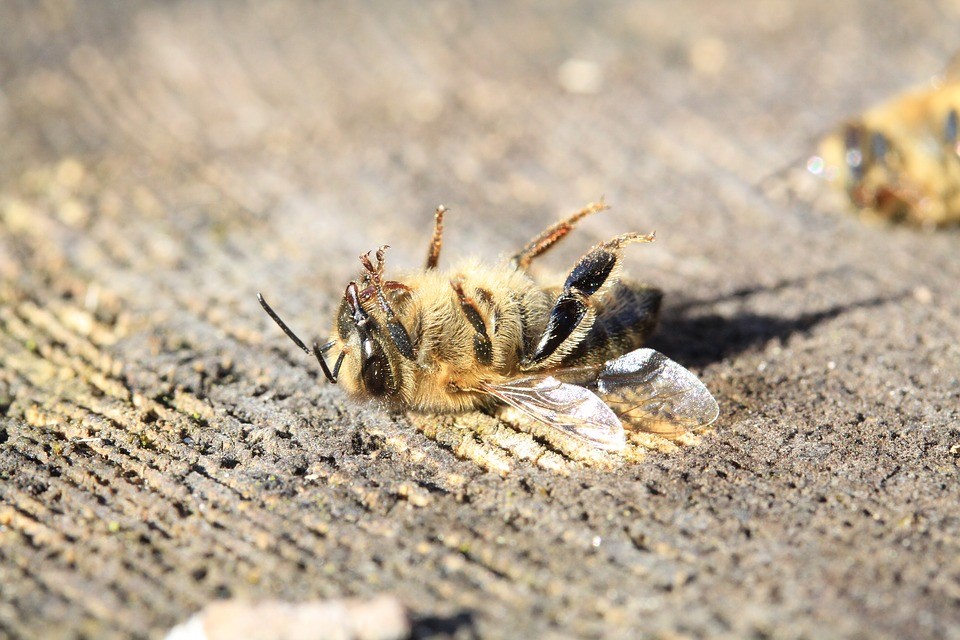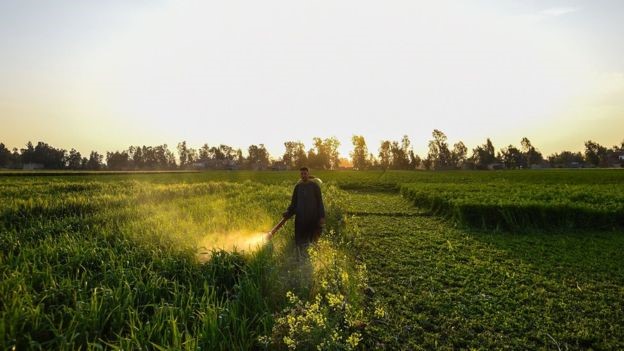
Although they play a key role in the food chain and are responsible for pollination and consequent development of about one third of the food we eat – including fruits and vegetables – bees are being destroyed at a rapid pace. In just three months, more than 500 million bees died in Brazil, 400 million in Rio Grande do Sul alone, and reports of beekeepers pointing to mass deaths in at least four other states.
The use of pesticides that have in their composition insecticides such as neonicotinoids and fipronil, prohibited in Europe, but released in Brazil, has been the leading cause of death for bees.
In April last year, the European Union imposed an almost total ban on neonicotinoids because of the serious damage it can cause to bees.
In contrast, in the same year, Brazil has lifted restrictions on pesticides despite opposition and rallying from numerous environmentalists calling it a “poison package.”
According to Greenpeace, pesticide use has increased significantly in Brazil over the past three years, reaching 193 products with chemicals banned in the European Union being registered and released in the country.
Bees are dying all over the world
Although bee deaths in Brazil have frightening numbers, other countries have been suffering from animal deaths.
In the United States, beekeepers lost 4 out of 10 colonies last year, the worst winter ever recorded.
In Russia, 20 regions have reported mass deaths. In November 2018, at least one million bees died in South Africa, responsible for fipronil. Canada, Mexico, Argentina and Turkey have also reported mass deaths in the last 18 months.
The World Wildlife Foundation says green spaces need to be developed to protect bees. It also calls attention to small actions that everyone can do such as growing gardens and making water available to bees in open spaces. Greenpeace and Friends of the Earth warn of the urgent need to ban harmful pesticides.

Mais de 500 milhões de abelhas morreram no brasil em apenas três meses
If insect cruelty were not enough, extermination endangers food production.
According to the organization Bee or not to Be?, conceived by the retired full professor at the University of São Paulo (USP) in Ribeirão Preto Lionel Segui Gonçalves, bees are the largest pollinators on the planet. They act directly in the reproduction of more than 85% of the flowering plants of forests, forests and green areas, giving important balance to the ecosystems. And more than 70% of agricultural crops, ensuring increased productivity in the field and improved quality of fruits and seeds. In the search for food, they also collect pollen produced by the male organ of the flower and carry it to the female part. It is in this pollination process that the plant reproduces itself.